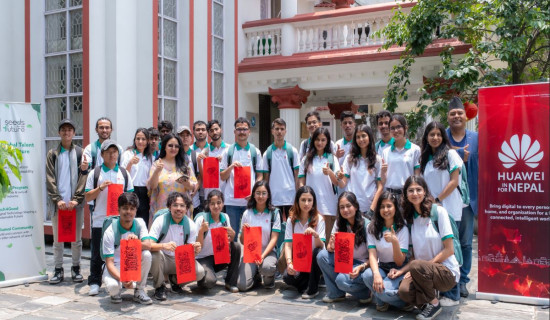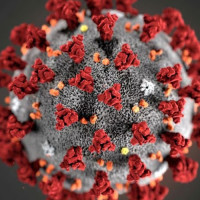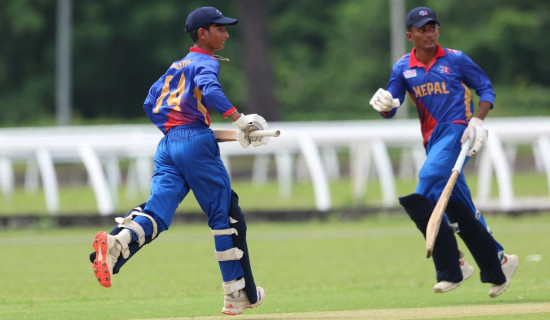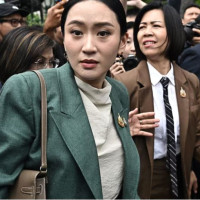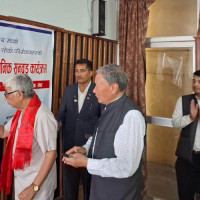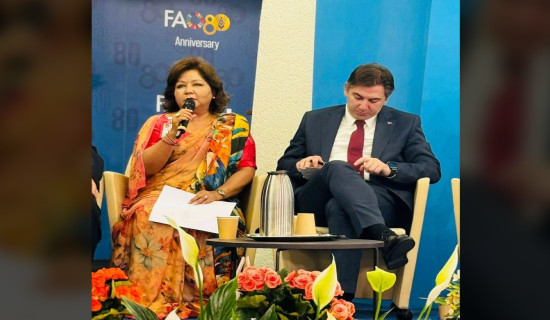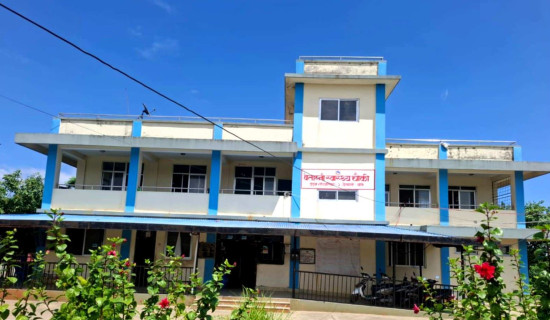- Wednesday, 2 July 2025
Dissolution Of Kurdistan Workers’ Party
In its declaration of 12 May 2025, the PKK (Kurdistan Workers’ Party) announced its willingness to disband — a historic step in the decades-long conflict. However, the Turkish government is focusing primarily on the technical aspects of disarmament and the scope of the declaration. Finding a political solution to the Kurdish conflict does not appear to be a priority. This narrow view is leading to a growing rift between the government and the opposition. The Kurdish DEM party (Kurdistan Democratic Party), which has largely supported the process, links it to expectations of democratisation. The CHP (Republican People’s Party), as the largest opposition party, supports many of the Kurdish reform demands. At the same time, it is suspicious that the process is a cover for plans to amend the constitution, which would enable President Recep Tayyip Erdoğan to run for office again.
The peace process, which is not officially recognised as such, was initiated in October by MHP (Nationalist Movement Party) leader Devlet Bahçeli. From the government’s point of view, the process has always been portrayed as a unilateral and ‘unconditional surrender’ by the PKK, which should disband itself following a call by Abdullah Öcalan. The government has always tried to give the impression that no negotiations are being held with the PKK and that all legal issues will only be addressed after the group has been dissolved. Accordingly, the official term is not ‘peace process’ but ‘terror-free Turkey’ — an expression that reflects efforts to depoliticise the conflict.
Soft underbelly
For starters, Abdullah Öcalan’s isolation was loosened. A delegation from the DEM party was allowed to visit him and talk to him. On 27 February, Öcalan then released a statement in which he called the PKK historically obsolete and called for the democratisation of Turkey. The DEM delegation then held talks with the parties represented in parliament and travelled to the Kurdish autonomous region in northern Iraq and to Syria. In return, President Erdogan left all preparations on the government side to MHP leader Bahçeli and avoided committing himself to any concrete steps. It is interesting to note that he maintained this stance even after the PKK declared its self-dissolution. Erdogan has emphasised that he will first wait and see how the practical aspects of this dissolution play out, stressing that it must encompass the entire organisation.
This is precisely one of the most sensitive points of the entire process. The PKK is surrounded by a network of organisations and platforms as well as sister parties. It is active not only in Turkey, but also in Iraq, Syria and Iran, as well as in European countries. The reason for the president’s cautious stance is likely to be that resistance among the population is foreseeable. It is particularly sensitive for the relatives of people who have been killed or injured in attacks or fighting. For many of them, the idea of possible impunity for PKK militants is difficult to accept. But politically, too, demands for municipal autonomy and the recognition of identities other than Turkish are difficult to communicate to large sections of the population.
While there is probably no one who would reject the goal of a ‘terror-free Turkey,’ it would be easy for the opposition, and especially for the CHP, to mobilise public reservations against impunity and pluralism. But the CHP has avoided doing so and has expressly backed the process that has been initiated. Yet it does not see this as a free pass. CHP leader Özgür Özel warned early on that the families of terror victims must also be included. The CHP has consistently demanded that parliament be the central venue for open negotiations on the political issues involved in the solution process. And it points to a credibility problem on the part of the government by highlighting the contrast between the repression of the CHP and any kind of protest on the one hand, and the rhetoric of democratisation on the other.
On 10 May, it held a public rally in Van, a DEM stronghold, at which Özgür Özel strongly criticised the appointment of administrators to replace dismissed mayors — a measure that, according to the DEM, has recently affected the CHP in particular. Given that the PKK was expected to announce its dissolution on 10/11 May, the meeting can be seen as a supportive political gesture by the CHP, which at the same time demonstratively presented itself to the Kurdish population as a more reliable partner — in stark contrast to the ruling party.
The nationalist-conservative camp, on the other hand, has expressed its clear rejection: both the Iyi Party and the Zafer Party have sharply criticised the process. The Iyi Party described the PKK’s declaration of dissolution as ‘treason against the nation’. The Zafer Party sees it as an attempt to jeopardise Turkey’s territorial integrity. Politically, however, Turkish nationalism continues to be dominated by the MHP, which has so far remained united behind its leader Devlet Bahçeli.
So far, coordination between the government and the PKK has been completely informal and covert. The government has always denied that it is actually conducting negotiations. However, prominent AKP politicians certainly give the impression that a concrete roadmap for the dissolution process of the AKP has been drawn up. What is part of this plan and what target dates have been set, though, remains unknown.
Unhealed wounds
But mistrust and unhealed wounds are only part of the open problems. If one considers the PKK’s declaration of dissolution from the perspective of the Kurdish conflict, the renunciation of violence as a political tool undoubtedly represents significant progress. Nevertheless, it is important to realise that the PKK is not the only party in this complex conflict. On the other hand, a state doctrine has developed over decades that attributes the fall of the Ottoman Empire in particular to the divisive endeavours of non-Muslim minorities and therefore views national homogeneity as a prerequisite for preserving the integrity of the state and treats self-administration efforts with suspicion.
Against this backdrop, disbanding the PKK and disarming it is still the easiest step in resolving the Kurdish conflict. After more than three decades of armed conflict and thousands of deaths, a deeper social reconciliation is needed. In addition, recognising a Kurdish identity and shaping cultural rights requires a significant change in the Turkish Republic’s self-image. Even if the self-dissolution of the PKK represents an important milestone on the road to internal peace in Turkey, many more still need to be passed.
(Dr Hibbeler is the editor of the weekly internet newspaper Istanbul Post.)
- International Politics And Society



